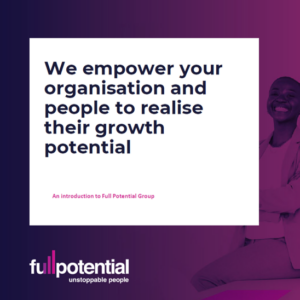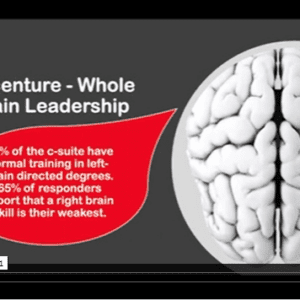Free downloads
We have webinars, articles and research available to download for free.
Showing 1–16 of 24 results
-

An introduction to Full Potential Group
Read more -

Elevate Yourself webinar
£0.00 Add to basket -

Free guide to improving mojo
£0.00 (inc VAT) Add to basket -

Neuroplasticity webinar: Rewire your thinking in times of uncertainty
£0.00 (inc VAT) Add to basket -

Webinar recording: Full Potential People and Culture
£0.00 (inc VAT) Add to basket -

Webinar recording: Leading Teams that Thrive – mojo, the secret sauce in thriving full potential teams
£0.00 (inc VAT) Add to basket -

Webinar recording: Retain talent, and enhance hybrid working
£0.00 (inc VAT) Add to basket -

Webinar: Finding Your Mojo – realise more of your potential
£0.00 (inc VAT) Add to basket -

Webinar: Motivating People, Teams and Your Organisation
£0.00 (inc VAT) Add to basket -

Webinar: Transformational Leadership & Team Effectiveness in a Hybrid World
£0.00 (inc VAT) Add to basket -

Webinar: Working better together in a hybrid world
£0.00 (inc VAT) Add to basket -

Improving your brain fitness and learning agility
£0.00 (inc VAT) Add to basket -

Webinar – VITAL communication skills
£0.00 (inc VAT) Add to basket -

Webinar – Boosting your well-being and resilience
£0.00 (inc VAT) Add to basket -

Webinar – Keeping yourself and your team motivated
£0.00 (inc VAT) Add to basket -

Webinar – Focusing on your fundamental priorities
£0.00 (inc VAT) Add to basket


